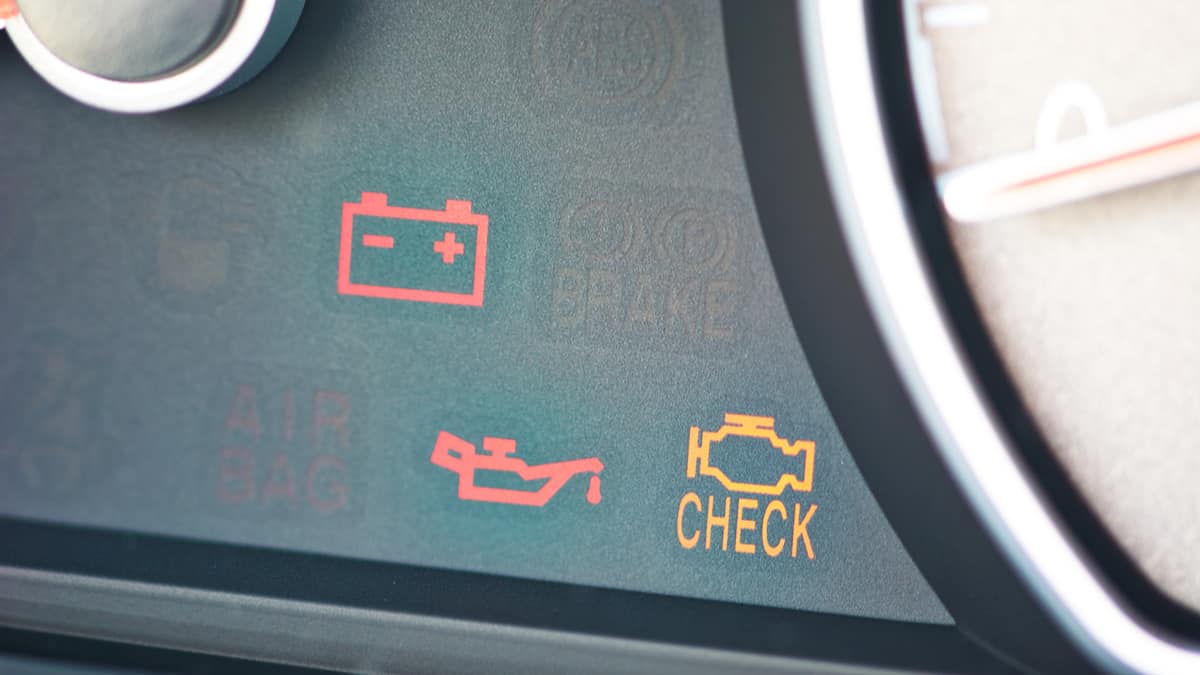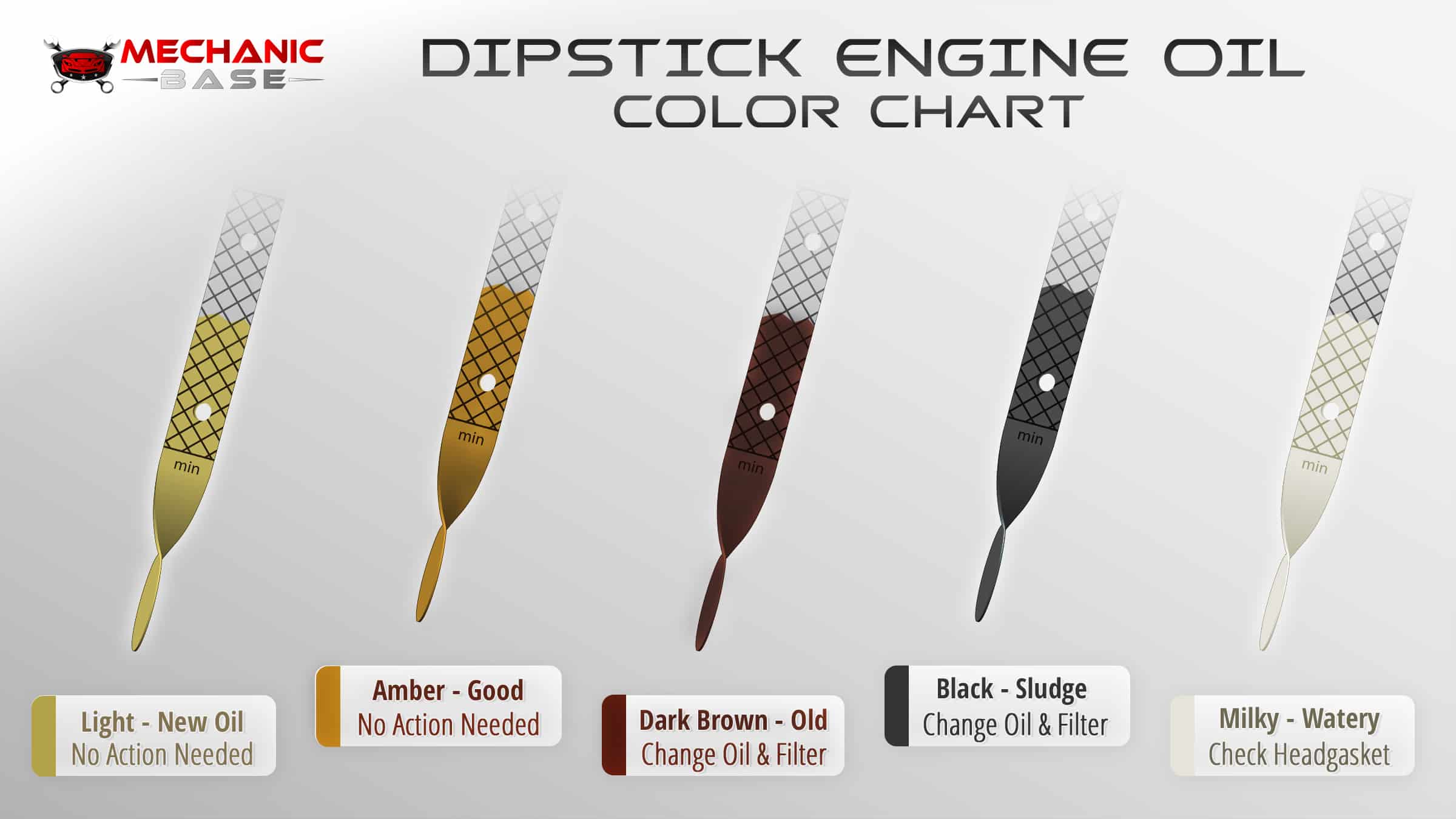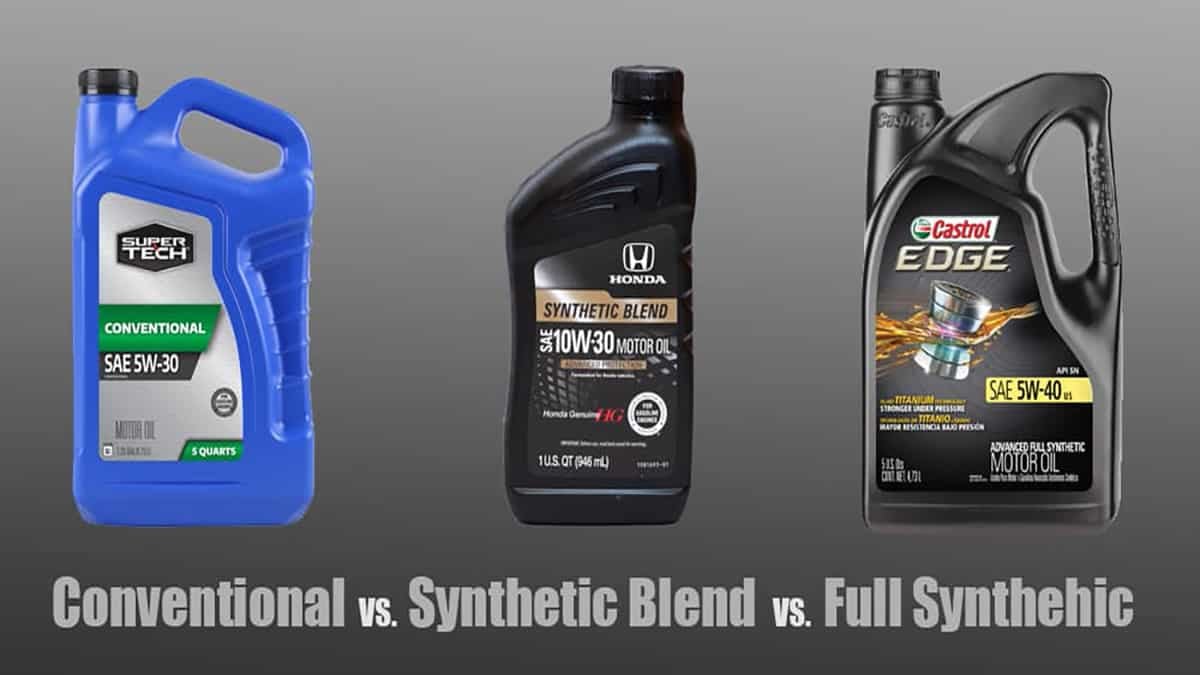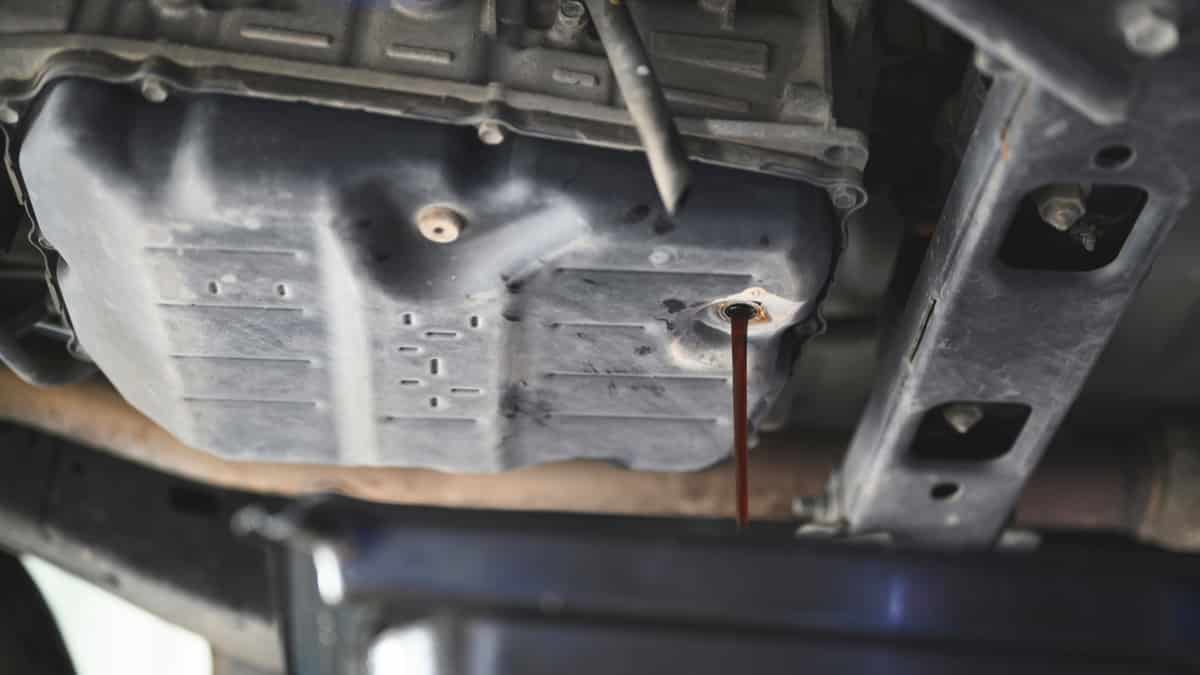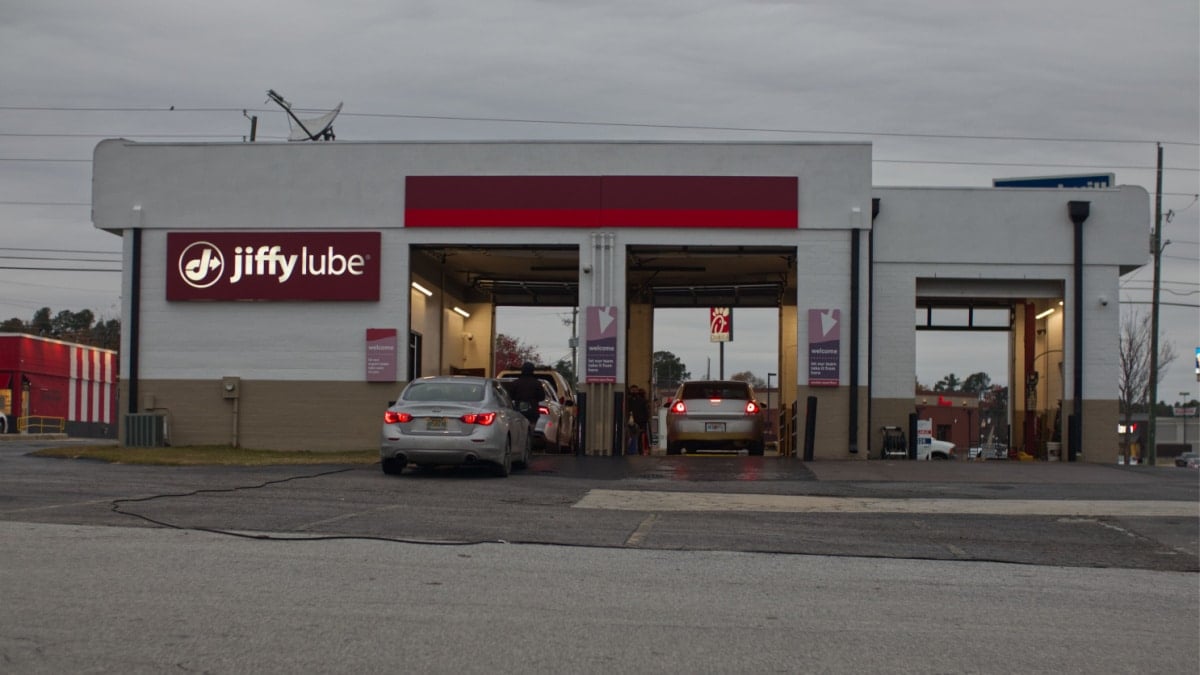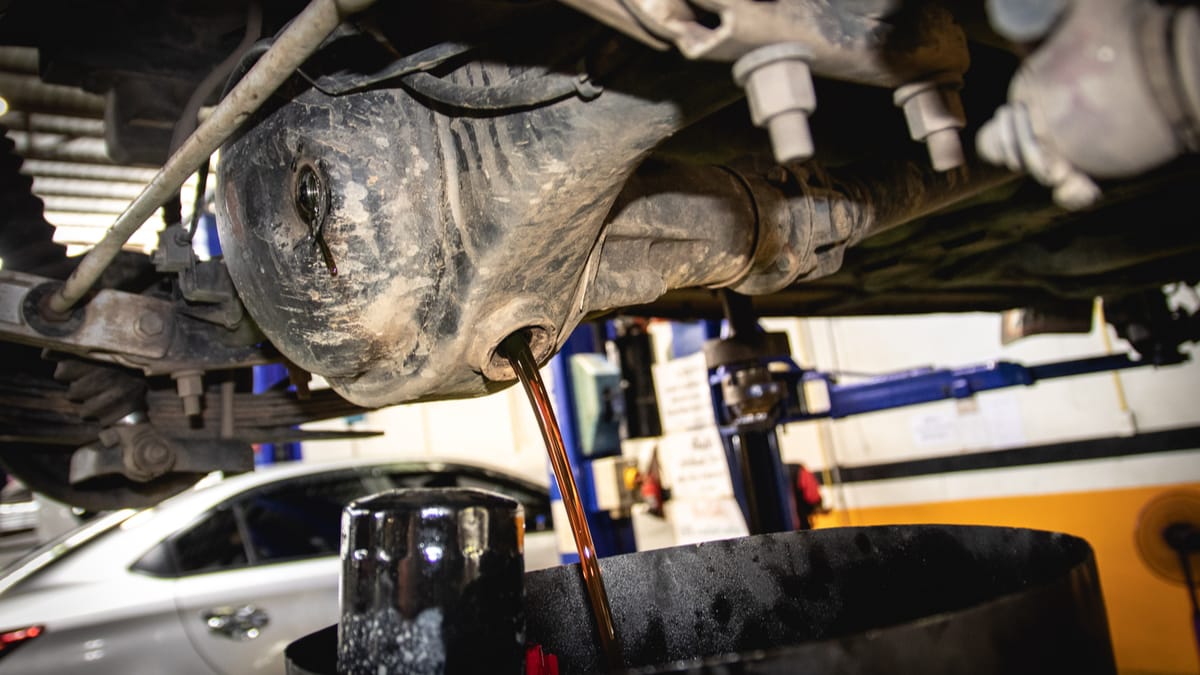Oil changes are a vital part of any regular car maintenance schedule. It’s one of the most frequent tasks performed to keep your vehicle in good running condition. For that reason, it’s essential to know the average oil change cost.
In this guide, we cover the oil change cost and show you the factors affecting the price. We also discuss the oil change intervals and evaluate the various places to get an oil change. At the end of this article, you’ll also find some frequently asked questions with comprehensive answers.
How Much Does an Oil Change Cost?
On average, you can spend anywhere from $20 to $100 for an oil change. The biggest factors affecting the oil change cost include what type of engine you have, the type of oil used, the location of the oil change and what other services are included with the change.
However, if you can perform the oil change yourself, you will only spend money on the parts. There’s no labor charge involved, so you can perform the oil change at a much lower rate. Additionally, it’s a simple job to change the oil and filter on most modern vehicles.
How Much Is A Synthetic Oil Change?
The synthetic oil change will be on the higher end of the averages. Synthetic oil change costs more than conventional oil, but it can also last for more miles. Therefore, you may not actually be paying more in the long run.
For example, if you spend $4 per quart for conventional oil using five quarts ($20 total) and get 3,000 miles between changes, you’ve spent $0.007 per mile. On the other hand, if you spend $6 per quart for synthetic oil using five quarts ($30 total) and get 10,000 miles between changes, you’ve spent $0.003 per mile. Overall, you’ve saved money using synthetic oil.
RELATED: Conventional vs Synthetic Blend vs Full Synthetic Oil (Which to Use?)
Factors Affecting The Oil Change Cost
The total spent on an oil change depends on the engine size and how much oil it needs. It’s also altered based on the type of oil you use, your local labor rates and additional services that were added to the appointment.
Let’s look at these factors in more detail.
1. Engine Size (Oil Amount)
If you drive a heavy-duty truck, your vehicle needs more oil than a compact car. The larger the engine is, the more oil it typically needs.
Beyond that, it also matters what type of vehicle you drive. For example, if you drive a luxury vehicle, the manufacturer may recommend that you use a specific type of oil, which is usually much more expensive.
2. Oil Type

As discussed briefly before, the synthetic oil type is going to cost more upfront than conventional oil. In between the two are the synthetic blends that mix the two together for a lower price. However, these blends don’t have the same protective properties as full synthetic oil.
Some modern vehicles require synthetic oil, so you want to check your owner’s manual. If the automaker tells you to use synthetic, don’t substitute with conventional to try and save money. Using lower-quality oil can void the warranty and cause engine damage. You would lose any potential savings that you had.
If there’s no specification from the manufacturer about the type of oil your car takes, you need to make the decision. Even Mobil 1 says that synthetic oil is designed to be more protective of modern engines than conventional, so it’s normally well worth the small price increase.
3. Labor Rates
Local mechanic rates vary by the area you live in. If you live in an area with higher labor charges, you pay more for the oil change. In comparison, a lower dollar area is going to help keep the cost down.
On the other hand, you could do the oil change yourself and save money on labor. By only needing to buy the oil and filter, you can complete the maintenance job for a fraction of the cost. However, you need to have a location to perform the oil change and have some basic tools on hand.
4. Additional Services

In some cases, you may need other services at the same time as your oil change. For example, if you are heading to the shop for a Subaru 60,000-mile service, you may also be required to have these services performed:
- Tire Rotation
- Engine Air Filter Change
- Cabin Air Filter Change
- Brake Fluid System Check
- Spark Plug Replacement
- Top Engine Fuel Induction Service
- Full Visual Inspection
All of these services add to the total cost, even though they aren’t part of the oil change. For example, the tire rotation cost may add up to another $50. However, some dealerships and mechanics charge a flat rate for these maintenance appointments, giving you a small break on the price when you get everything done at once.
Additionally, you need to be careful about add-on services. Some shady mechanics see the opportunity during an oil change to upsell customers on services that aren’t needed. By following the recommendations in the owner’s manual, you can avoid many of these upsell tactics. On top of that, if the mechanic says something is wrong that needs to be fixed, you may want to get a second opinion just to be sure.
Oil Change Intervals
The auto manufacturer determines the recommended oil change interval for your vehicle. The engineers who created the engine know precisely what it needs to keep in optimal running order. There used to be a time when all vehicles needed an oil change every 3,000 miles. That is no longer the case with modern vehicles.
Today, most cars and trucks can go at least 5,000 miles between oil changes, if not 10,000 miles. Depending on what vehicle you drive, you may have an oil warning light that shows you when it’s time. Honda Maintenance Minder codes perform the same function of telling when it’s time for service.
If you aren’t sure how often to change the oil, speak to your local dealership or lube shop. They can print you out a recommended maintenance schedule.
Where to Get an Oil Change?

There are several places you can take your vehicle for an oil change, so how do you decide where to take your business? Let’s look at a few options and the pros or cons of each.
Dealership
Taking your vehicle back to the dealership is a favorable option if your vehicle is new. In some cases, the first few oil changes are paid for. Additionally, with the record of the oil changes, you know that nothing stands in the way of a warranty claim.
However, if you don’t have a new car, it costs much more to visit a dealership for service than a local lube or mechanic. For that reason, it’s not always the best option for customers paying for an oil change.
Local Mechanic
If you already have a solid relationship with a local mechanic, this may be your best option. By letting the technician handle all of your car service needs, they are more familiar with your vehicle and can provide better care.
Depending on your location, the labor rates may be high, so you could spend more than needed for an oil change. Additionally, you may need to drop off your car and come back, which could be an inconvenience.
Local Lube
The fastest and most convenient option, besides doing it yourself, is to take your vehicle to the local lube shop. Whether that’s a Jiffy Lube, Take 5 or Walmart Auto Care Center, you can drive in and be back on the road within 30 minutes if it’s not busy. Plus, the prices at these locations are among the cheapest.
On the downside, there’s an increased risk that something could go wrong. Without extensive mechanical experience, these technicians have a tendency to overtighten drain plugs or install the oil filter incorrectly. When that happens, oil can leak causing more issues.
RELATED: How to Change the Oil in Your Car (5 Easy Steps)
Is $100 too much for an oil change?
It depends on what type of vehicle you drive. On average, this is on the higher side, but it could be that you are using synthetic oil in a luxury car. The price could also be this high if you are driving a larger vehicle that requires more oil, such as a heavy-duty truck.
Is it worth it to get an expensive oil change?
It depends on what type of vehicle you have and your driving habits. For most modern cars, it pays to use the more costly synthetic oil. You may also need special oil if there are a lot of miles on the odometer. However, you shouldn’t need to spend more to visit a dealership when there are more cost-effective oil change shops nearby.
Is full synthetic really worth it?
In today’s modern engine, the full synthetic offers the best protection. It’s designed to keep the engine lubricated and clean, ensuring you can drive more miles. While synthetic oil may cost more upfront, the price per mile is about the same as conventional oil. Check your owner’s manual to see what oil you should use.
Does a car feel better after an oil change?
While the engine can’t tell you how it feels, you can rest assured knowing that you helped it run better. Fresh oil allows for better lubrication and it gives the motor more protection. Synthetic oil can also remove dirt build-up that’s left in the engine, allowing it to run even better.
Is $40 good for an oil change?
It’s feasible to spend $40 on an oil change if your vehicle doesn’t hold a lot of oil and it uses conventional. Many local lube locations will charge prices this low for a quick oil change. If you want to reduce the cost even more, consider performing your own oil change at home. You’ll only need to pay for the oil and filter.
When the time comes for an oil change, it’s best to shop around and explore your options. If you don’t already have a relationship with a particular shop for your car maintenance, you want to establish one. While you don’t need to pay a dealership every time the oil needs changed, it is beneficial to take your car to one specific location every time so the technicians become familiar with your vehicle.
Even better, why not consider learning how to change your own oil? If you have some minor mechanical expertise, you can have the oil changed in thirty minutes or less. Beyond that, you don’t need any special equipment to get the job done. Start by watching a few YouTube videos to see how easy the oil change actually is.
Categories: Engine Oil, Estimator


